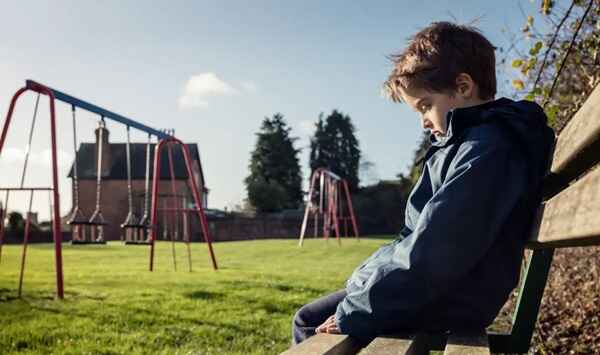Yes, it is illegal to kick out a minor in Maryland. Parents or legal guardians are legally responsible for providing care, shelter, and support for their children until they reach the age of majority, which is 18 in Maryland. Forcing a minor to leave the home without proper arrangements can result in criminal charges and intervention by child welfare authorities.
Legal Obligations of Parents in Maryland
Under Maryland law, parents and legal guardians have a duty to care for and support their children until they turn 18. This responsibility includes:
1. Providing Basic Needs: Parents must provide adequate food, shelter, clothing, medical care, and education for their minor children.
2. Avoiding Neglect: Forcing a minor out of the home without ensuring their well-being constitutes neglect. Child neglect is a punishable offense under Maryland’s child welfare statutes.
The Maryland Department of Human Services (DHS) defines child neglect as the failure to provide proper care and supervision. Kicking out a minor without ensuring their safety can trigger a child protective services (CPS) investigation.
Potential Consequences for Kicking Out a Minor
Parents or guardians who kick out a minor without making proper arrangements can face:
1. Criminal Charges: Child abandonment or neglect is considered a misdemeanor or felony, depending on the severity of the case. Penalties may include fines, imprisonment, or both.
2. CPS Intervention: Child protective services can remove a minor from the home and place them in foster care or under the care of a relative. The offending parent may face restrictions or lose parental rights.
3. Civil Liability: Parents may also be held liable for damages if their actions lead to harm or deprivation for the minor.
Exceptions and Special Circumstances
1. Emancipation: In rare cases, a minor may seek emancipation, which allows them to become legally independent before reaching 18. However, this requires a court order, and the minor must demonstrate their ability to support themselves financially.
2. Court-Approved Relocation: Parents may arrange for a minor to live with another responsible adult, such as a relative or family friend, with court approval.
3. Runaway Situations: If a minor voluntarily leaves home without coercion, parents are still legally obligated to report the runaway to local law enforcement and work with authorities to ensure the minor’s safety.
Alternatives to Kicking Out a Minor
Parents facing difficulties with their minor children can explore alternative solutions, such as:
1. Counseling or Mediation: Family counseling or mediation can help resolve conflicts and improve relationships.
2. Seeking Support Services: Maryland offers various support programs for struggling families through the DHS and nonprofit organizations.
3. Temporary Guardianship: If parents cannot provide care, they can arrange for temporary guardianship with a trusted adult or family member.
Related FAQs
Q1. Can I ask a minor to leave my house in Maryland?
Ans: No, parents or guardians cannot legally force a minor to leave the home unless proper care arrangements are made, as doing so constitutes neglect.
Q2. What happens if I report my child as a runaway?
Ans: Law enforcement will work to locate the minor and return them to a safe environment. CPS may become involved to assess the situation.
Q3. Can a 17-year-old move out in Maryland without parental consent?
Ans: No, minors under 18 cannot move out without parental consent unless they are legally emancipated.
Q4. What should I do if I can no longer handle my child?
Ans: Seek help from child welfare services, family counseling, or a local nonprofit organization that supports families in crisis.
Q5. Are there penalties for parents who abandon their minor children?
Ans: Yes, abandonment or neglect can result in criminal charges, fines, imprisonment, or loss of parental rights.
Conclusion
Kicking out a minor in Maryland is illegal and can lead to severe legal and social consequences. Parents and guardians are required to care for their children until they reach the age of 18. If challenges arise, seeking support through counseling, mediation, or social services is the best course of action to ensure the minor’s safety and compliance with state laws.

